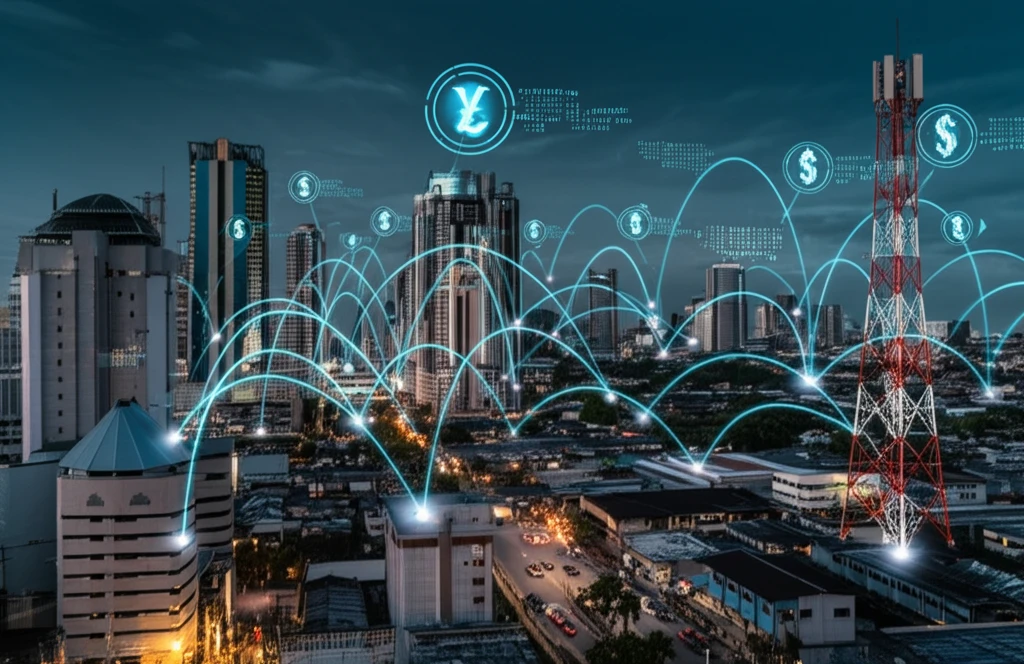
Decoding Data Bundle Dynamics: How Nigerians Navigate Smartphone Costs
"A deep dive into the consumption habits, resource constraints, and tech adaptations of smartphone users in Abuja and Lagos."
In the vibrant and rapidly evolving landscape of Nigeria, the surge in smartphone adoption has presented both opportunities and challenges. While the expansion of data services promises to connect more people and fuel economic growth, it also strains existing telecommunication infrastructure. Single SIM subscribers often experience issues such as fragile network connections, dropped calls, and reduced data speeds. Dual or Triple SIM users face their own set of challenges like frequent network migrations, reduced smartphone performance, and shorter battery life.
These issues are not simply technological hiccups; they reflect deeper economic and socio-cultural trends driving internet traffic and smartphone usage. The drive for connectivity is relentless, even as network providers grapple with maintaining quality and managing resources. This creates a complex dynamic where consumer behavior, influenced by economic realities and technological advancements, significantly impacts the telecommunications ecosystem.
This article delves into the heart of this dynamic, focusing on the data consumption habits of smartphone users in Abuja and Lagos. By examining the economic factors, subscriber constraints, and policy settings that shape data bundle usage, we aim to provide a clearer understanding of how Nigerians navigate the costs and complexities of staying connected in a digital world. Get ready to explore the fascinating intersection of technology, economics, and everyday life in two of Nigeria's most dynamic cities.
The Price of Connection: Understanding Data Bundle Choices

The study reveals that single SIM smartphone users are highly sensitive to the relative prices of data bundles and the availability of airtime volume discounts. This means that consumers are actively comparing deals and seeking the best value for their money. They're also strategic in how they use their data, with some engaging in subscriber substitution and intensified smartphone use to maximize their data bundles.
- Price Matters: Single SIM users carefully weigh data bundle prices and airtime discounts.
- Network Hopping: Dual SIM users readily switch networks based on tariff changes.
- Resourceful Consumption: Subscribers find ways to share data, substituting strategically and intensifying usage.
- Power Constraints: Both public and personal power limitations impact the demand for different data bundles.
Policy Implications and Future Directions
The study suggests that understanding consumer behavior is crucial for effective policymaking in the telecommunications sector. Policies aimed at improving network quality, reducing tariffs, and promoting affordable data bundles can have a significant impact on subscriber behavior and overall economic growth. The insights derived from this research can inform strategies to optimize data service expansion, enhance network performance, and empower consumers in the digital age.
